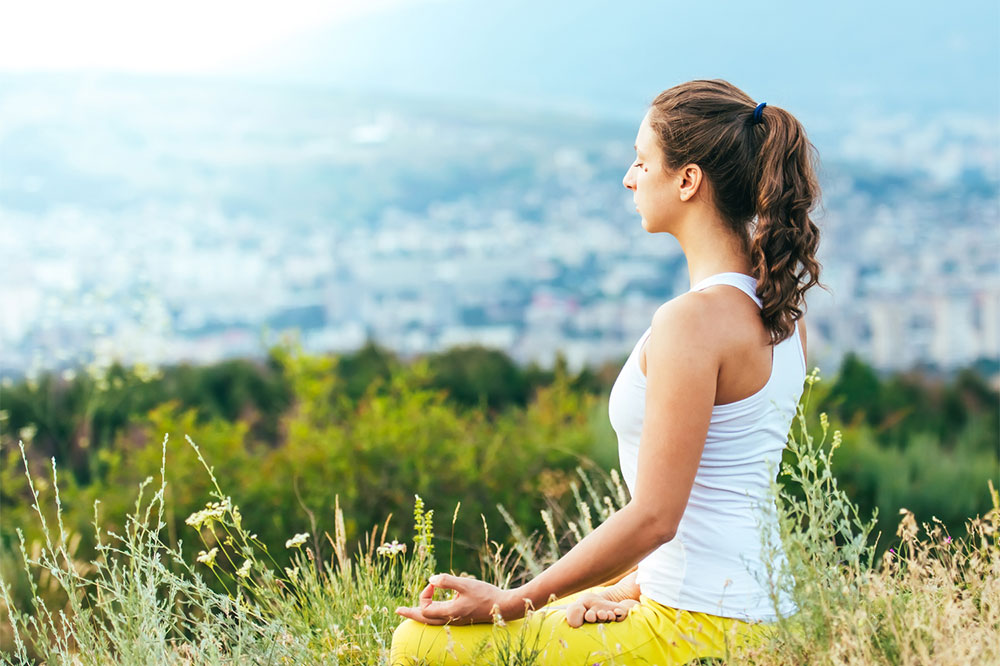
7 tips to adapt for better sleep
Poor and insufficient sleep can directly impact an individual’s overall health and productivity. Unfortunately, there is an increase in the number of patients being diagnosed with sleep disorders and other health concerns. This means there is also an increase in the number of people losing out on quality rest time. To fix it, there are various treatments and remedies available at everyone’s disposal. Here are seven at-home things that can help improve the quality of sleep:
Exercise
Exercise is a common mood booster, health enhancer, and sleep inducer. Although the exact connection between regular exercise and improved sleep is yet to be determined, it has been found effective. Studies have shown that people who exercise regularly experience fewer symptoms of anxiety, depression, and insomnia. People who want to use exercise as a sleep aid should work to include moderate to vigorous activity multiple times a week. It is advisable to exercise under the guidance of a professional to avoid any physical injury.
Ensure your room is pitch-dark
It has been long known that light interferes with sleep. It is advisable to avoid all forms of light, especially the ones from screens, at least an hour before bedtime. Going to bed with no lights on can help clock in better sleep. No lights also ensure returning to sleep is easier after waking up in the middle of the night. Studies suggest that going to the bathroom with the help of lights with lower intensity or brightness lowers the chances of disrupting sleep.
Practice mindfulness
Exercises or activities that involve observing one’s breath or activity are mindful meditation. Mindfulness is considered a practical part of a healthy lifestyle. It reduces stress, anxiety, immunity, and focus of those who regularly participate in the activity. Research suggests that meditation has a significant positive effect on people with insomnia, depression, and other conditions that could impact their health. Regular meditation also improves sleep patterns and works as a natural sleep remedy. As little as 10 minutes of everyday mindfulness can help enhance one’s sleep and health.
Massage
Practices like massage help relax the body and mind. Massages are also renowned for their benefits, like muscle relaxation, pain relief, and stress management. It has also been noted that massages improve an individual’s sleep quality and can act as a sleeping remedy for people with insomnia. Regular head and body massages ensure that the individual gets a good night’s sleep and wakes up refreshed.
Use chamomile
Chamomile has been used as an age-old remedy to help relax and sleep better. The herb can be used as a natural relaxant for those with conditions like anxiety and insomnia. Chamomile leaves possess the ability to soothe and improve digestion, relieve tension in muscles, and manage anxiety. These benefits can, in turn, contribute to improvement in sleep quality. A cup of warm chamomile tea should do the trick. However, it is advisable not to have it too close to bedtime to avoid bathroom runs.
Say yes to lavender
Lavender, a favorite among people, is yet another natural remedy known for its calming properties. It is a safe-to-use herb that also doubles as a sleeping aid for people who have difficulty turning their minds off. It is a common ingredient in aromatherapy oils and teas that help relieve stress. Lavender oil can be used in a diffuser or sprayed on the pillow to help improve sleep quality. Alternatively, if someone does not respond well to aromatherapy, they can incorporate lavender tea or supplements into their routine.
Maintain optimum temperature
Another sleep remedy that has worked for many is maintaining the body’s temperature while sleeping. It is easier for the body temperature to rise in bed throughout the night. High temperatures are a significant contributor to disruptive and poor quality sleep. To ensure this does not happen, it is suggested to lower the room temperature and maintain it. Wearing cotton or any light fabric helps keep the body’s core temperature lower as well. People can even use a cooling mattress that allows them to adjust the temperature to their liking.




